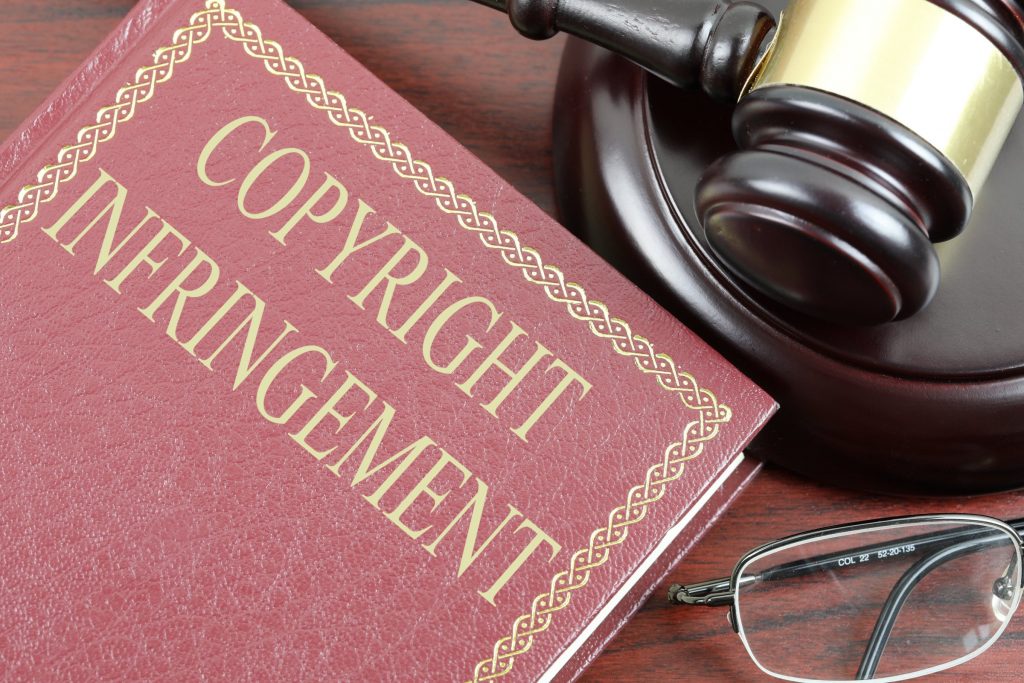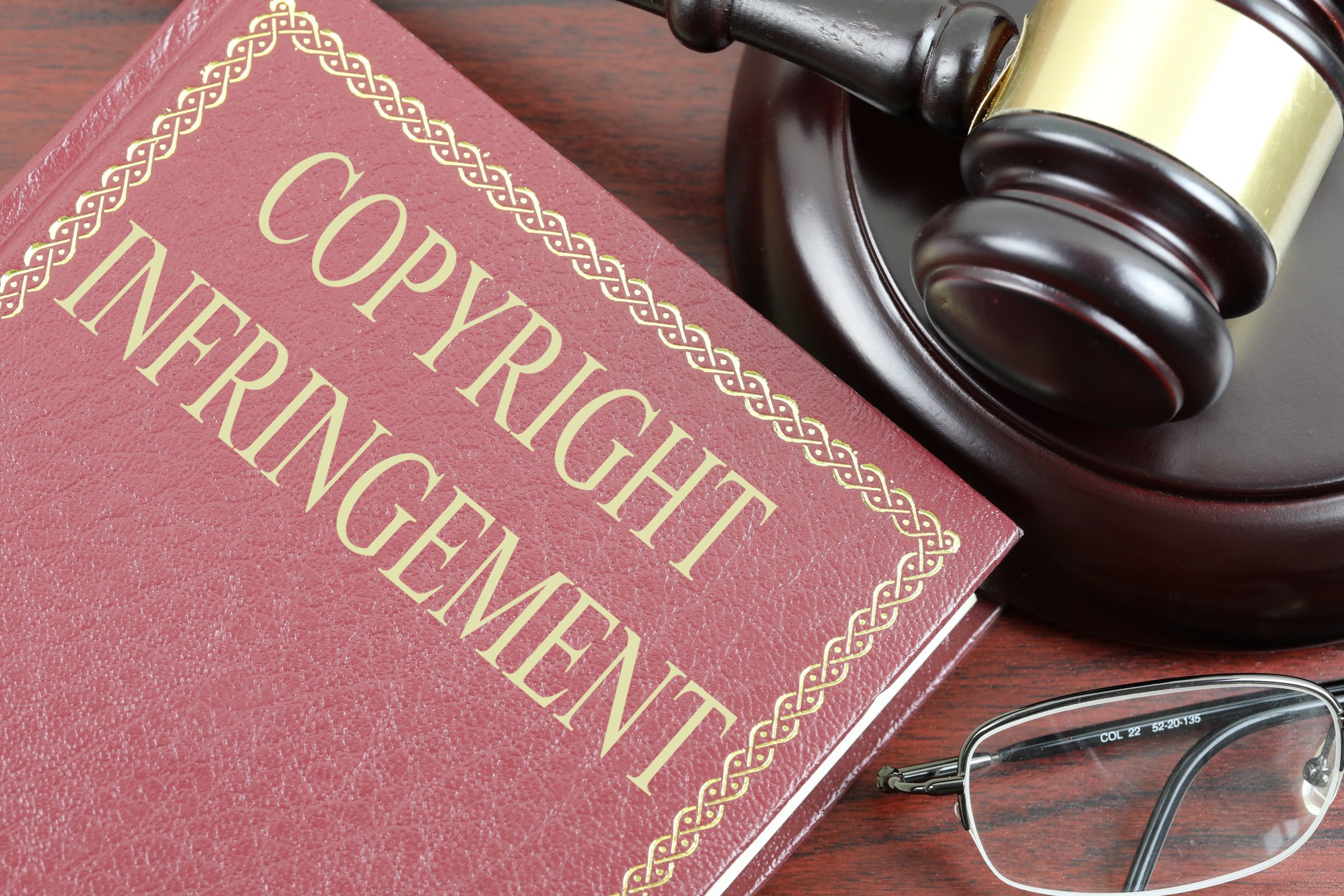
A Legal Battle Unfolds
In a legal development, a consortium of 11 nonfiction authors, including notable figures like Pulitzer Prize winners Taylor Branch, Stacy Schiff, and Kai Bird, has initiated a lawsuit against OpenAI and Microsoft in the Manhattan federal court. The authors assert that both companies have unlawfully utilized their written works to train OpenAI’s widely used chatbot, ChatGPT, and other artificial intelligence (AI) applications.
A Strong Allegation
The lawsuit, spearheaded by writer and Hollywood Reporter editor Julian Sancton, alleges that OpenAI and Microsoft infringed upon the copyrights of the authors by incorporating their literary creations into the training data for OpenAI’s GPT (Generative Pre-trained Transformer) large language models. Notably, this legal action follows a trend, as other copyright owners, such as John Grisham, George R.R. Martin, and Jonathan Franzen, have filed similar suits against OpenAI and various tech companies, claiming misuse of their works in AI training.
A Denial of Allegations
Despite the mounting legal challenges, representatives for OpenAI, Microsoft, and the implicated authors have yet to respond to requests for comments. The companies, including OpenAI, have consistently denied these allegations in the face of multiple lawsuits.
Want to know if you’re earning what you deserve? Find out with LawCrossing’s salary surveys.
Microsoft’s Involvement Raises Stakes
Notably, this lawsuit marks a significant development as it is the first author-initiated legal action against OpenAI to include Microsoft as a defendant. Microsoft, a considerable investor in OpenAI, has invested substantial funds in the AI startup and seamlessly integrated OpenAI’s systems into its products.
Unveiling Unlawful Practices
The amended complaint recently sheds light on the authors’ accusation that OpenAI was “scraping” their works and other copyrighted online material without proper permission. This alleged practice was purportedly conducted to educate GPT models on effectively generating responses to human text prompts.
Implications for Microsoft
The lawsuit further contends that Microsoft played a significant role in training and developing the models, holding the tech giant liable for copyright infringement. The authors seek unspecified monetary damages and request a court order to compel both companies to cease infringing on their copyrights.
Don’t be a silent ninja! Let us know your thoughts in the comment section below.

